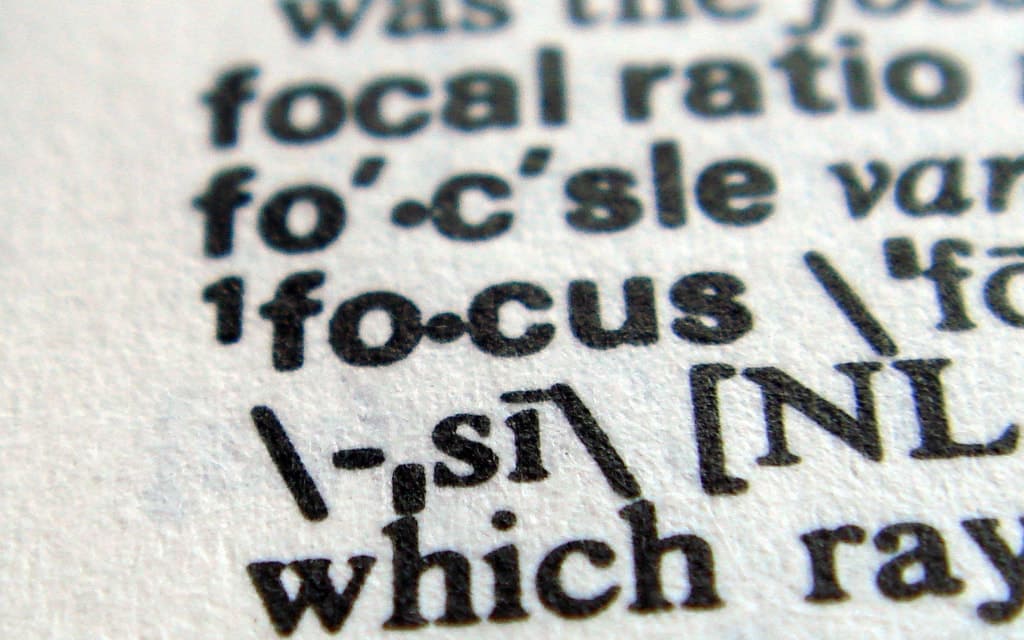Did Amazon Drop the eBook Affiliates Because They were No Longer Needed, or to Improve the User Experience?


Hugh Howey has a different take.
Writing over on his blog, Howey argues that this had less to do with expediency than with Amazon’s desire to control the user experience.
In 2013, Amazon tried to influence the number of free ebooks that affiliate partners were driving readers toward. In 2016, Amazon is trying to influence the discounted ebooks that affiliate partners drive readers toward. What’s happening? Again, I don’t think it’s about money. I think it’s about customer experience.
The Algorithms
Amazon is in a constant battle with those who attempt to understand and maximize their use of Amazon’s rank and sales algorithms. There is a lot of money to be made by people who find chinks in Amazon’s armor. Some of these parties are outright scammers, uploading stolen ebook content in new packaging, taking advantage here of the simplicity of KDP self-publishing. A recent scam involved putting links in ebooks that drove readers to the back of the book, getting credit for an entire read in Amazon’s Kindle Unlimited program. …
One of the unintended consequences of Amazon’s affiliate program is how powerful these email blast discounters have become in shaping the Amazon bestseller lists. In a way, these websites have introduced Barnes & Noble style merchandising on a storefront that has prided itself on not having any merchandising dollars or effects whatsoever. Remember, Amazon is maniacally focused on the customer experience. They practically invented the reader review. They rely on also-boughts (books purchased alongside other books) and shopping/browsing histories to recommend titles to readers. The bestseller list, they hope, reflects what readers crave. Their idea is that this will maximize profits in the long run, because readers will more often than not be happy with their purchases, enjoy the read, and so come back for more.
That’s an interesting argument, but I think I can see a few problems with it.
One, as anyone in publishing will tell you, Amazon accepts/extorts co-op fees from large publishers. Those fees affect a publisher’s ranking in some non-visible way, so you can’t really say that Amazon has no "merchandising dollars".
Two, Amazon games its own best-seller lists by giving Prime members a free copy of the books it publishes. The program is called Kindle First, and we get the ebooks the month before the book is officially published. Check out the free titles for June, and you’ll see that they have been boosted to the top of the best-seller lists. (I’m looking at the best-seller list right now, and the six free titles for June currently occupy the top six spots.)
Three, Goodreads implies in its own FAQ that it will eventually accept paid placement in its ebook discovery service:
How much does it cost to have my deal included in Goodreads Deals?
We’ll announce pricing soon. Stay tuned.
Howey may think that Amazon worships the best-seller list as the expression of what its customers really want, but that is certainly not what I see. I see a company which is gaming the list now and has done so in the past.
So no, I don’t think Amazon is focused on the user experience here.
How about you?
image by Cubosh


Comments
Irish Imbas June 16, 2016 um 5:05 pm
I like Howey but I think I’m a bit more cynical than him in this regard. You’re on the button.
Maria (BearMountainBooks) June 16, 2016 um 5:15 pm
Goodreads accepts paid placements now, so it’s all about the money.
Amazon doesn’t need to pay most of the email bargain sites a commission. The sites make their money on ads–ereaderiq costs anywhere from about 22 to 150 PER AD, PER DAY. Many sites won’t just close down if they can still take in ads–and those bargain sites will send the traffic to Amazon anyway. Bookbub is the same only they make up to 1000 dollars per ad. Sure, the affiliate money is more important to sites with a lot of traffic, but Amazon doesn’t have to pay it–because most sites will just continue to send them traffic anyway. It’s a win-win for Amazon.
Fjtorres June 16, 2016 um 7:56 pm
Howey may not be totally off the mark.
Those mailing lists have power over their subscribers and that power lets them distort the market. Amazon might not like *paying* for the "privilege" of watching their market be distorted. Plus, if they intend to change their rankings to filter out those (non-approved) distortions they certainly don’t want to encourage the proliferation of the business model.
There’s more going on here than just fighting over a (smallish) revenue stream.
Mark Williams – The International Indie Author June 17, 2016 um 4:36 am
Ignoring co-op fees is not the only misleading statement in this piece.
Howey asserts, "The only way to make an ebook free on Amazon is to make it free elsewhere and force Amazon to match the price."
Not true.
Leaving aside the obvious point that KDP Select authors get five days free every ninety days without price-matching, authors can also list at $0.00 on Amazon at any time and for any duration using StreetLib, and they will shortly be able to do so using Pronoun.
Jim heskett June 17, 2016 um 8:24 am
I love hugh, but sometimes he has horse blinders on with regards to Amazon.
Jason June 18, 2016 um 6:10 pm
What’s been lost in this discussion is that Amazon can’t force any site to shut down. Pixel did this of their own accord. Therefore, it can’t be about Amazon trying to preserve the integrity of its bestsellers lists by squashing ebook promoters, who can and do continue to operate. By booting out just a few sites under this flimsy pretense, Amazon can save itself several hundred thousand dollars a year. All told ebook promoters take in millions from the affiliate program, and Amazon in its move to finally make a profit is done paying to promote its dominant Kindle ecosystem. The goal now is to have an affiliate program with no one in it, giving Amazon the pretense of supporting a community without any need to pay people for what they’ll do anyway.
Nate Hoffelder June 18, 2016 um 6:31 pm
Yes. That shuts down any claim that this is about the users.
Maria Romana June 18, 2016 um 10:49 pm
I have to agree with all of the above. I love Hugh’s blog, but he’s giving Amazon way too much credit here. They *clearly* manipulate the best-seller lists in multiple ways that benefit themselves, not their customers. There’s no reason to believe their elimination of these book review/promo sites (via cutting off their primary source of income) is anything other than an attempt to remove competition from their new toy, Goodreads, and to gain control of the book promotion market. If it swims like a duck and quacks like a duck…
Amazon Is Quietly Selling Top Placement in Its Search Results | The Digital Reader July 5, 2016 um 10:17 am
[…] you are looking for conclusive proof that Hugh Howey is wrong to claim that Amazon always puts the customer first, look at the screenshot, because we found […]
Amazon Is Quietly Selling Top Placement in Its Search Results | The Passive Voice | A Lawyer's Thoughts on Authors, Self-Publishing and Traditional Publishing July 5, 2016 um 10:36 am
[…] you are looking for conclusive proof that Hugh Howey is wrong to claim that Amazon always puts the customer first, look at the screenshot, because we found […]